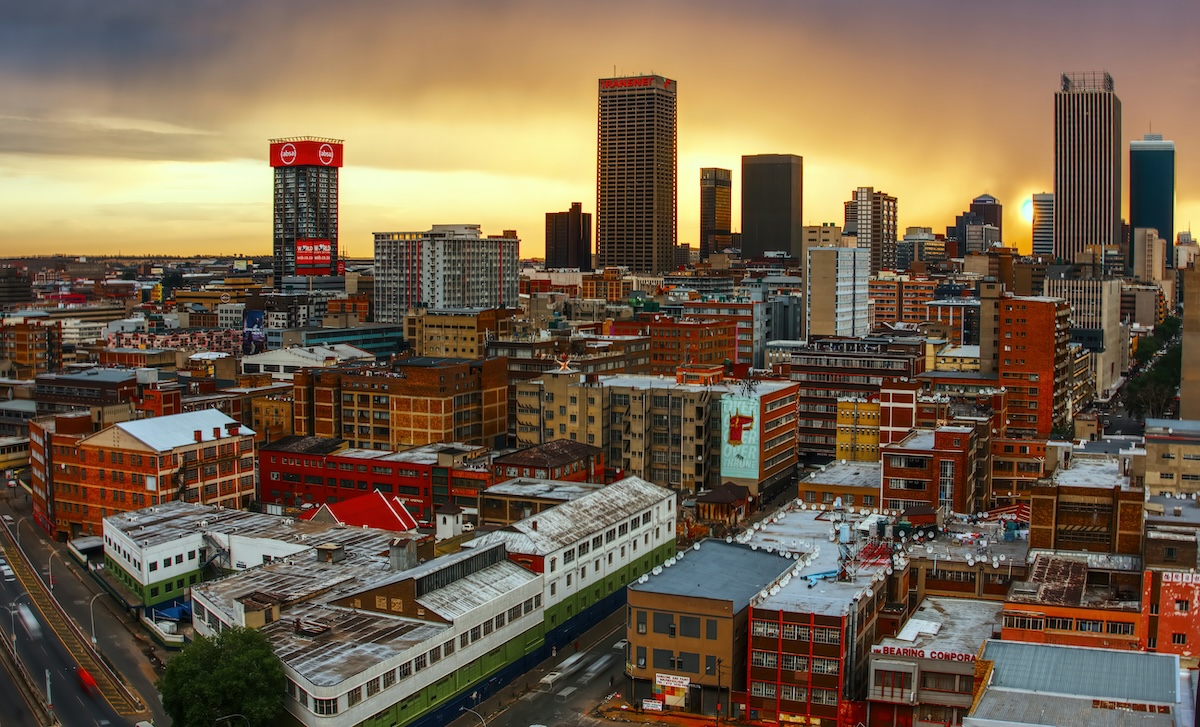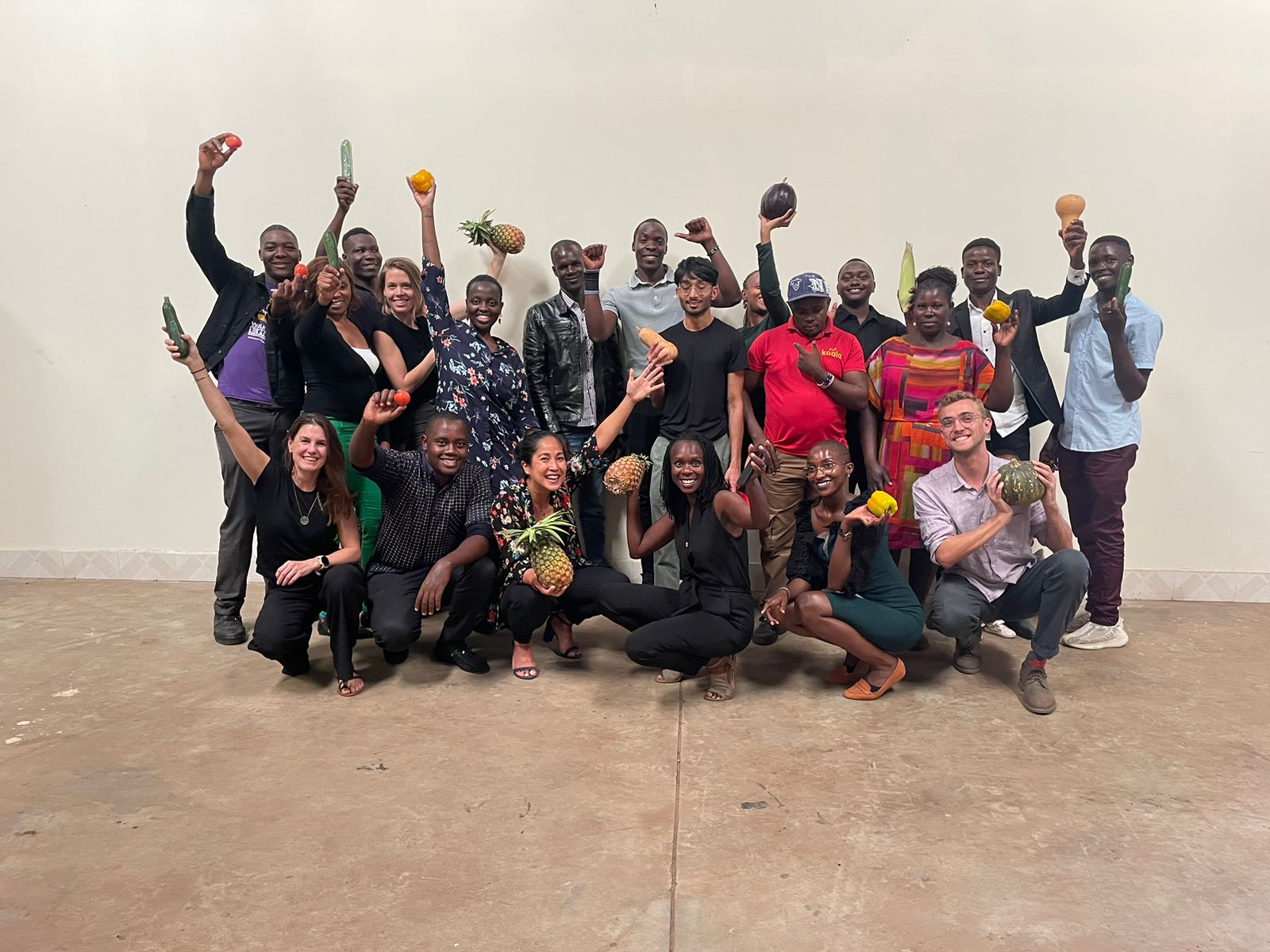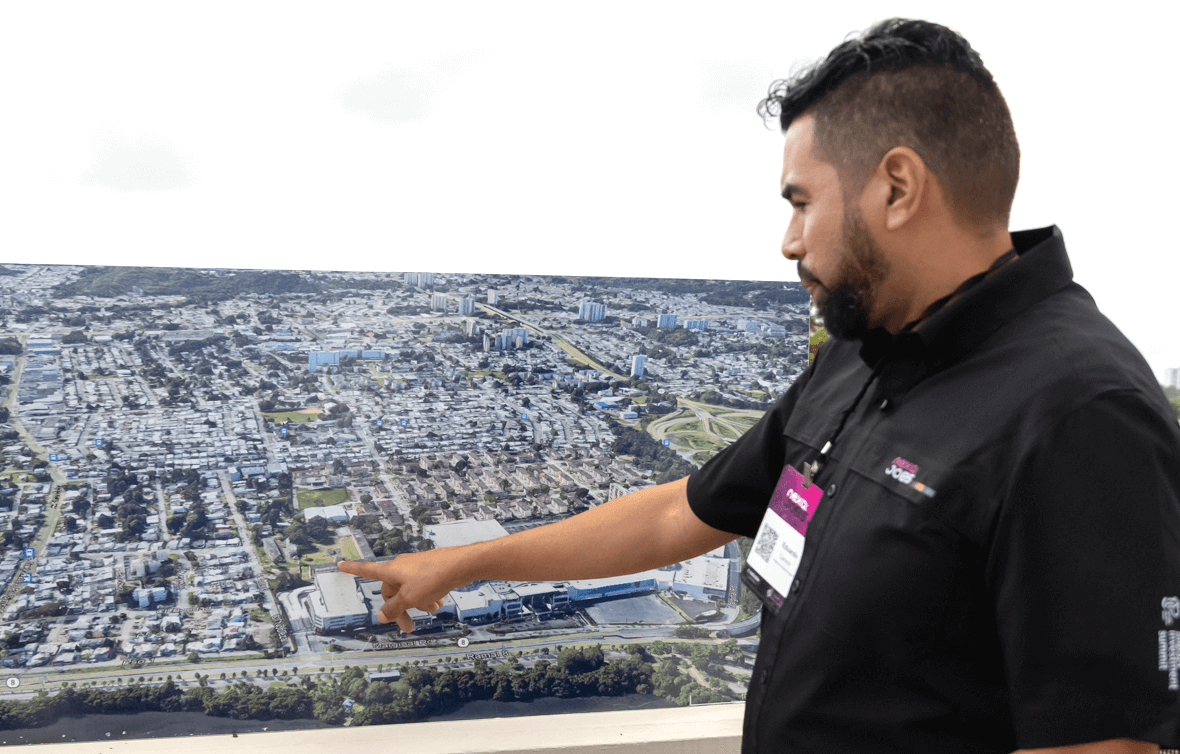ImpactAlpha, April 16 – The story a city tells itself can shape what happens in the next chapter.
In Philadelphia, the NFL’s Eagles and the NCAA’s Villanova Wildcats set a high bar for the city’s innovators, entrepreneurs and investors. The championship trophy they are chasing: inclusive prosperity for the city’s growing and diverse population.
>>REGISTER NOW: Total Impact Conference, Philadelphia, Apr. 26-27
Philadelphia is one four cities selected for an identity makeover as part of the “Global Cities Initiative” from JPMorgan Chase and the Brookings Institute. The global identity project is aimed at helping city-regions “achieve more differentiation, visibility, and recognition to compete for business and talent,” said Brooking’s Marek Gootman. (The other cities are Louisville, Atlanta and Columbus, Ohio, the setting – in 2045 – of Steven Spielberg film, “Ready Player One.”)
Already, Philly is among the best U.S. cities for women in tech, top cities to start a social enterprise and a finalist for Amazon’s new headquarters. The region’s $347 billion economy is the seventh largest in the nation. The challenge for the city is turning elements of a 21st-century revival into a shared vision of economic might and competitive strengths that distinguishes Philadelphia on the global stage.
>>MORE: “Philadelphia rings the bell on a 21st-century revival”
That means going beyond cheese steaks, the Liberty Bell and Rocky Balboa to outline the opportunity in removing barriers like racial discrimination, poverty, gender inequities, education challenges. Story alone won’t make that happen, but it’s certainly a critical part of the equation.
“We have a unique opportunity to start changing the narrative,” says Lauren Cox of the city’s Department of Commerce. As part of the Global Cities Initiative, Philadelphia will convene business, government, and civic organizations, she says, to tell “an authentic story about where Philadelphia has been, where it is now, and where it’s going in the future.”
Here are three ways that Philadelphia is changing the narrative:
Inclusive gentrification
In cities, the shorthand for changing narratives at the neighborhood level is usally, “gentrification.” PlanPhilly, a project of WHYY News covering Philadelphia neighborhoods, explored the meaning of the term in the recent #WHYYGentrified series. Philadelphians, in changing neighborhoods from Point Breeze to Germantown, shared stories of community institutions lost and community commitments made.
>>MORE: “Turning Philadelphia institutions into impact investors”
Are community gardens a form of gentrification? Neighborhood changes can often impact the city’s most vulnerable population in negative ways? What could responsible, or inclusive gentrification, really look like?
The revitalization of the Olney neighborhood has been immigrant-led. “Olney is very much a revitalized community, a place that has successfully weathered the economic transformations of the last few decades” said Domenic Vitiello, a University of Pennsylvania City Planning professor. In a report to PlanPhilly, Vitello says the most linguistically diverse zip code in Pennsylvania embodies “a model for community regeneration that is completely distinct from the kind of change seen in Center City and its surrounding neighborhoods.”
Share the wealth
Shift Capital, a self-described real estate impact group, is exploring new models to harness rising values in the Kensington neighborhood, where developer faces criticism for accelerating gentrification. Formerly a hub for the city’s working class and a global textile capital, Kensington declined with the city’s racial redlining and white flight in the second half of the 20th-century.
“We’re connecting the dots back to Kensington’s historical roots and story,” says Shift Capital’s Brian Murray. “Kensington is a working class neighborhood where things are getting made.”
Unlike big development companies who tap tax credits to do million dollar projects and leave, Murray says Shift Capital is committed to staying in Kensington with a strategy that brings in new jobs, building better quality homes, and revitalizing the old business corridor. The company is exploring the legality of exit strategies that share the increased value, including a land trust (or for-profit company) owned by a mission-aligned non-profit to ensure local wealth creation.
Kensington is 15 minutes by subway from downtown and just north of the already gentrifying Fishtown neighborhood. The average annual median income is $22,000 and the jobless rates is three times the city average. The neighborhood is known for its opioid crisis, making it an acid-test for Philadelphia’s new narrative.
New Revivalists
“Our aspiration is to be the most civically-engaged university in the country” says John Fry, president of Drexel University, a West Philadelphia anchor institution. The West Philadelphia neighborhoods around Drexel are a federally-designated Promise Zone, designated as part of the Obama era initiative. Drexel’s commitment includes affordable housing, public education, job training and health care.
Also in West Philadelphia, the $50 million New Market West development is seeking to “reverse disinvestment along Market Street corridor, bring high quality childcare, healthcare and retail to underserved communities.” One of the partners in the project, PIDC Community Capital, was recently awarded an additional $60 million in New Markets Tax Credit.
Philadelphia may be more intentional than most in articulating its “global identity. “ But other cities are also crafting authentic narratives and stories to navigate cultural shifts and shape their 21st-century success. Austin claims the capital of impact entrepreneurship. In Cincinnati, Mortar is breaking down barriers for entrepreneurs of color. Civic builders in Louisville are quarterbacking capital into neighborhood economies. In New Orleans, Propeller is helping local entrepreneurs rise.
Among the takeaways from ImpactAlpha’s New Revivalist series: Go to overlooked places, spot hidden talent, and solve real problems. The cities of tomorrow and the problem solvers that call them home, will model new ways of thinking, carve new paths, and set new standards for what a “successful” city means in the 21st century and how that story is told.











